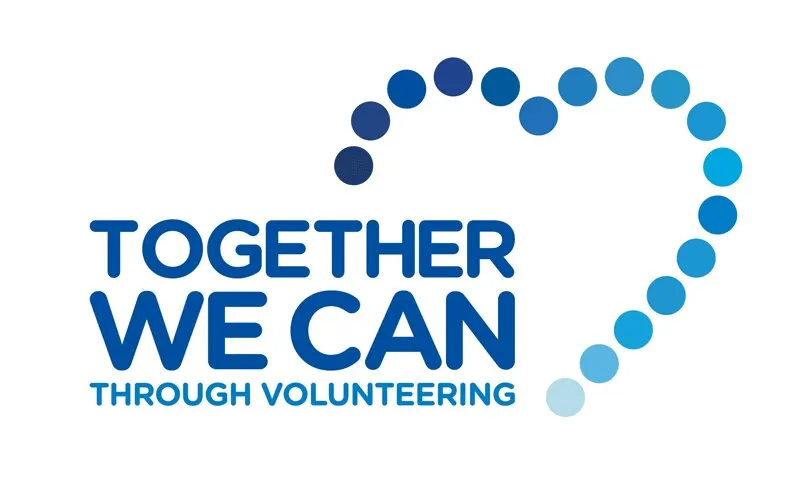Kumasi, 05 December, 2020 / 6:00 pm (ACI Africa).
On the occasion of the International Volunteer Day (IVD) marked Saturday, December 5, the leadership of Caritas Africa is urging those at the helm of its member organizations to integrate voluntary service in their respective operations.
“Caritas Africa encourages all its 46 Member Organizations and by extension all Diocesan and Parish Caritas Organizations to integrate voluntary service in programming. Because together we can, through volunteering,” officials of Caritas Africa say in a Tuesday, December 1 statement shared with ACI Africa.
They acknowledge the “significant contributions” that volunteers have made in the global humanitarian, development and peace sectors and note that “our young people in our parishes and communities are looking for opportunities to serve.”
Making reference to volunteers, the officials say, “We really need their support as we continue to address, through Church structures; armed conflicts, climate related disasters, health threats, threats to democracy, poverty, unemployment and underemployment.”
In the one-page statement, Caritas Africa President, Archbishop Gabriel Justice Yaw Anokye is quoted as attesting that in his tenure at the helm of the humanitarian entity, he has had the opportunity to witness the contributions by Caritas volunteers at the Parish, Diocese, National, Regional and Global level.








